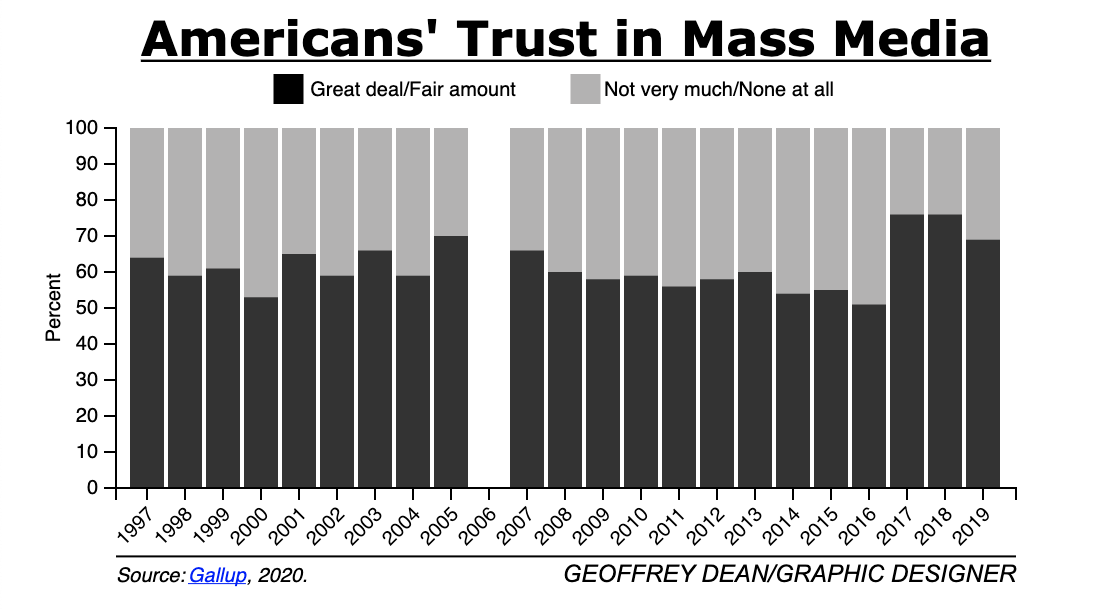
function removePic() {
document.getElementById(“articlePictureBox”).remove();
}
removePic();
_Sydney Lewis is a first-year journalism and political science major at MU. She is an opinion columnist who writes about politics and identity for The Maneater._
Jamal Khashoggi, a Washington Post columnist, was murdered on Oct. 2, 2018. Khashoggi was a Saudi journalist who frequently wrote dissenting stories about the Saudi state.
Khashoggi’s murder was pre-meditated and ordered by Crown Prince of Saudi Arabia Mohammed bin Salman. Khashoggi entered the Saudi Consulate to get paperwork to marry his fiance, but he never came out. There was an elaborate plan and cover up of his death, including sending a body double dressed in Khashoggi’s clothes to travel the city after his disappearance.
His death impacted journalists and millions of people around the world.
Since his death, multiple films have been made about his life and murder. “Kingdom of Silence” premiered on Oct. 2, 2020. Another film, “The Dissident,” will be released in theatres on Dec. 18, 2020.
Khashoggi’s murder did not happen in a vaccuum. It speaks to the never-ending threat to journalists in the United States and around the world.
There are currently 249 journalists imprisoned around the world, and in 2020 so far, 25 journalists have been killed. Mexico has seen the most deaths of journalists with four reported in 2020. These stark violations of press freedom are the most obvious ways in which journalism is silenced, but they are not the only way.
During the height of Black Lives Matter protests in June, several journalists were physically injured or unjustly arrested by law enforcement. Most notably was an incident with CNN’s Omar Jimenez who was arrested live on air in Minneapolis.
Reports from the summer showed that even when people with press credentials showed them to law enforcement, they were still treated like the First Amendment doesn’t exist.
President Donald Trump has weaponized the term “fake news” to undermine journalism that is critical of him. Trump only discredits journalism that depicts him as the incompetent liar he is.
The issue is that his supporters believe him. These people buy into his hallucinogenic perception of news outlets. Over 50% of Republicans who watch Fox News as their primary news source said “almost nothing” could dissuade them from voting for Trump.
Trump’s slanderous statements have led to a rapid decline in public trust of journalism, which is vital for a functional democracy. Trump’s slander of the press has widened the divide between political parties as well. As of late 2019, 15% of Republicans and 69% of Democrats trusted the media.
Democracy needs a free press to function. Not only do journalists need to be safe from physical harm, they need to be safe from barriers to spreading important journalism. Trump has stopped Americans from believing in the press, which allows him to dictate the narrative however he likes.
The 2019 World Press Freedom Index moved the U.S. from a “satisfactory situation” ranking to a “problematic situation.” This means the U.S. is a less welcoming place for journalists. According to Reporters Without Borders, “President Trump and his associates in the federal government … have demonstrated the United States is no longer a champion of press freedom at home or abroad.”
Trump’s treatment of journalists doesn’t violate the First Amendment because he isn’t explicitly restricting journalists’ ability to make news. However, he is creating a problematic situation for journalism in America.
Not only does Trump’s rhetoric harm the free press, it sets a precedent for other leaders, both locally and internationally, to follow his example.
On our very own campus, UM System President Mun Choi has consistently undermined the freedom of journalism professors and students. From blocking students on Twitter to targeting dissenting faculty, Choi has followed in Trump’s footsteps in dismantling press freedom.
It appears that Choi doesn’t know MU has the world’s first and one of the best journalism schools in the country. Journalism students are taught to think critically, ask questions and write the truth, yet when these skills are applied to Choi, he attempts to silence them.
Journalism can’t fulfill its role in our democracy if it is constantly being suppressed by those in power.
_As part of its commitment to highlighting organizations fighting for racial justice, the Maneater is encouraging readers to donate to the Solutions Not Punishment Collaborative, “a black trans and queer led organization that builds safety within our community, investing in our collective embodied leadership and building political power.” Donate at: https://www.paypal.com/donate/?cmd=_s-xclick&hosted_button_id=EPH7USQP5L9RG&source=url._
_Edited by Sofi Zeman | [email protected]_